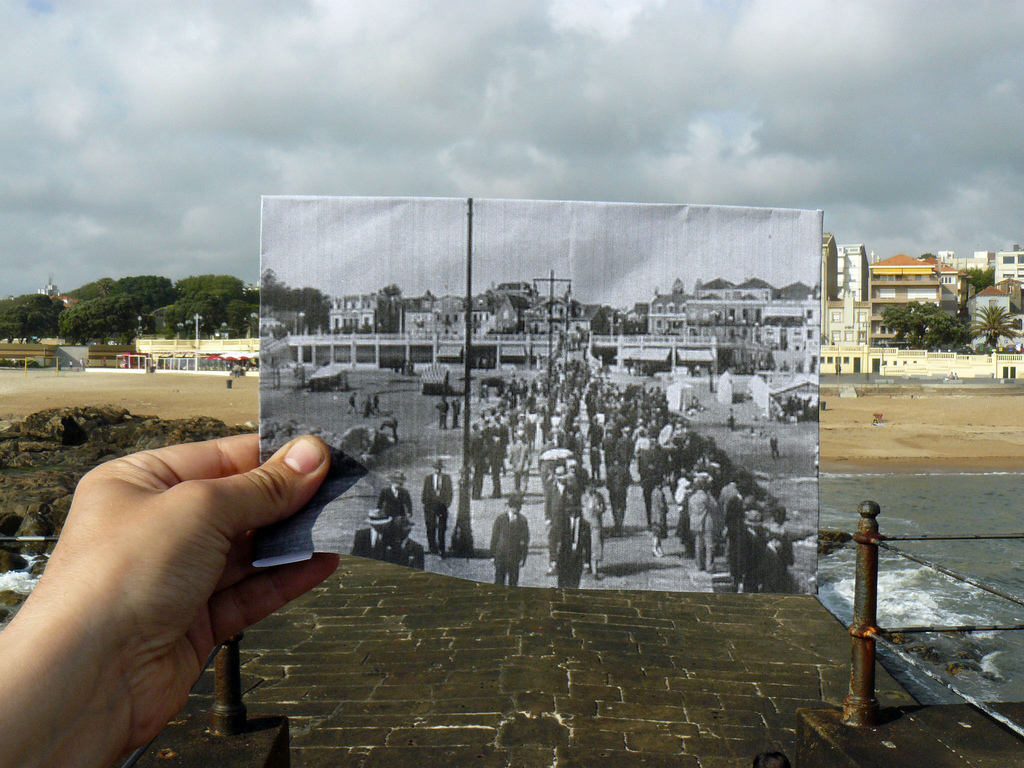 The phrase used + infinitive is often confusing for learners of English. This article explains what it is and how we use it.
The phrase used + infinitive is often confusing for learners of English. This article explains what it is and how we use it.
Here are typical uses of the phrase:
I used to live in Toronto.
I have an idea he used to go out with Nicole Kidman.
You can see that the phrase used + infinitive describes a situation in the past which is no longer true; these are habits or general situations.
Often it’s followed by an update on what the situation is now.
I used to live in Toronto, but now I live in Montreal.
The Olympics used to be about sport, now they’re about money.
Form & Usage
used + infinitive is usually followed by the present simple tense:
She used to work for McDonalds but now she works for Burger King.
He used to be in the Army, but now he is a teacher.
Grammatically speaking it is the past simple. The phrase has no present or continuous form. (If we want to describe situations and habits in the present we use the present simple instead as above.)
Note that used + infinitive suggests things have changed from the past; it’s not used simply to describe the past. There is little difference between using the past simple and used to when we describe past habits and situations:
They lived here.
They used to live here.
Used + Infinitive vs Be Used To …ing
There is often confusion between used + infinitive and be used to …ing. For example, compare these two sentences:
I used to get up early.
I am used to getting up early.
In the first example we have used used + infinitive:it denotes a habit in the past. However, in the second example when we have
{be} + {used to} + {…ing}
this means something different. It means we are familiar or accustomed to something.
I used to get up early, but now I get up late.
I am used to getting up early so it doesn’t bother me any more.



0 Comments